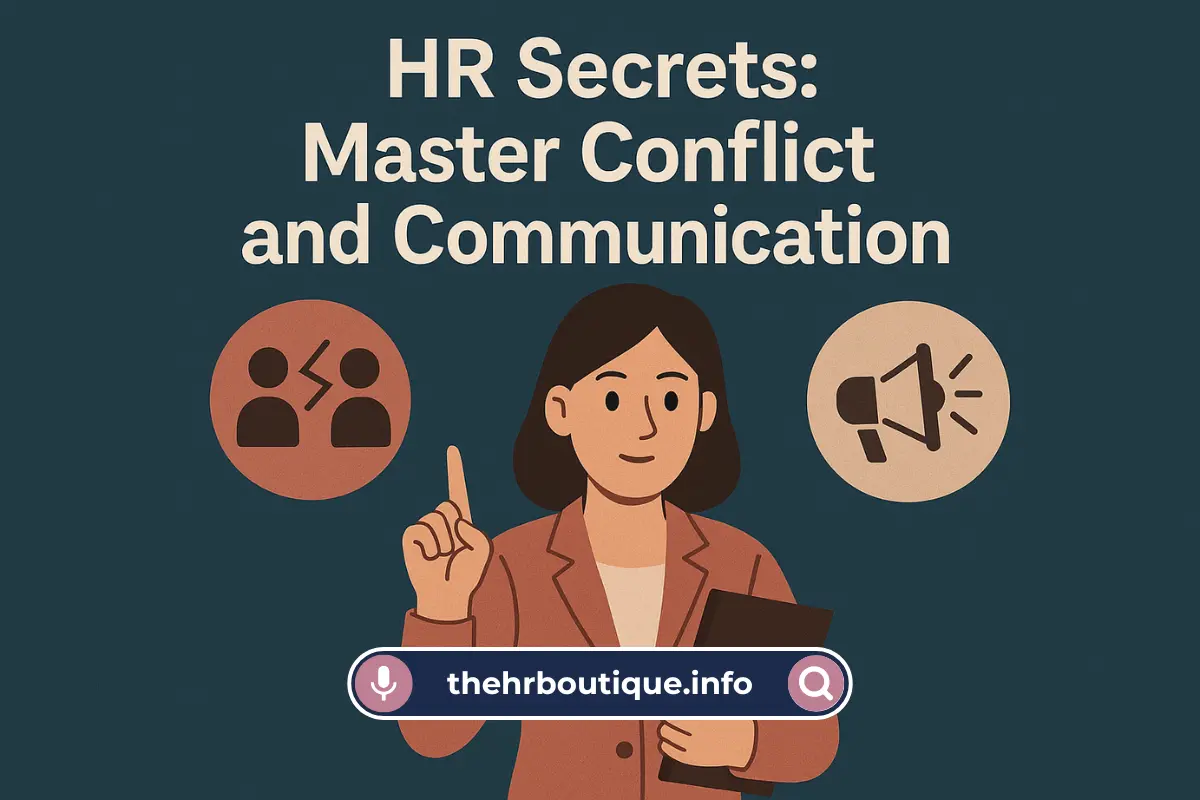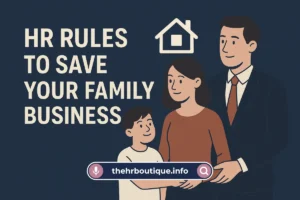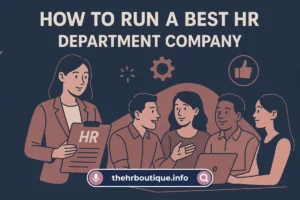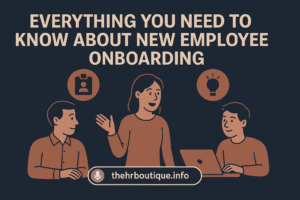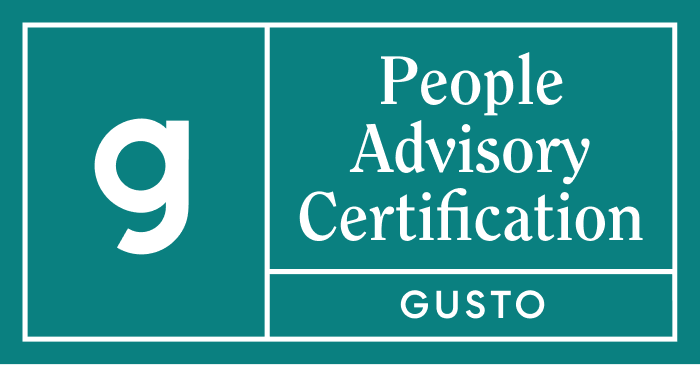Let me tell you about my worst day in HR.
It started with a screaming match between two department heads in the break room. By lunch, three employees had come to me in tears about workplace bullying. And just when I thought it couldn’t get worse? Our star performer handed in her resignation because “nobody listens here.”
That day changed everything for me. I realized no amount of policy knowledge could fix what was really broken – our team’s ability to handle conflict and truly hear each other.
Why These Skills Make or Break HR Teams?
Here’s the uncomfortable truth: most HR professionals are terrible at conflict. We either:
- Avoid it like the plague (policy emails instead of real conversations).
- Come down like a hammer (making everyone resent HR).
- Or worse – take sides (destroying our credibility).
And listening? Forget about it. Most of us are so busy preparing our response that we miss what’s actually being said.
But when you master these skills, magic happens. Suddenly:
- That department feud transforms into creative collaboration.
- The “problem employee” just needed someone to hear their side.
- Resignations turn into retained talent.
Conflict Resolution That Actually Works
After that awful day, I developed a 4-step method that’s saved my sanity countless times:
1. The Cooling-Off Coffee
Never mediate when emotions are hot. I learned this the hard way after trying to resolve a shouting match (protip: it just gets louder). Now, I separate everyone and say:
“Let’s grab coffee tomorrow when we’ve all had time to think.”
2. The Story Swap
When we meet, I have each person share:
- What happened (facts only)?
- How did it make them feel?
- What do they need to move forward?
The rule? No interrupting. Most conflicts dissolve when people actually hear each other’s perspective.
3. The Solution Sandwich
Instead of dictating terms, I ask:
“If you were in charge, what would fix this?”
90% of the time, they come up with better solutions than I would.
4. The Follow-Up
I set a calendar reminder for 2 weeks later to check in. This prevents backsliding and shows we’re serious.
Listening Like Your Job Depends On It (Because It Does)
The resignation that broke me? When I finally listened – really listened – to that star employee, she confessed:
“Every time I brought up an idea, my manager would say ‘interesting’ and then ignore it. I don’t need all my ideas implemented – just acknowledged.”
Now I train my team in what I call FBI Listening:
F – Face Them
No computers. No phones. Just square your shoulders and make eye contact.
B – Body Check
Are your arms crossed? (Defensive) Leaning forward? (Engaged) Your body language speaks first.
I – “I Hear You”
Repeat back what you heard in your own words:
“So what I’m hearing is you feel your contributions aren’t valued – did I get that right?”
Real Talk: This Isn’t Easy
Last month, I had to mediate between our CFO and a junior accountant over a $50,000 discrepancy. The CFO wanted heads to roll. The accountant was shaking.
Using these skills, we discovered:
- The accountant had flagged the issue 3 times, but it was ignored.
- Our approval process had gaping holes.
- The “mistake” actually prevented a much bigger loss.
Instead of firing someone, we fixed a broken system. That’s the power of real HR work.
Your Turn
These skills take practice. You’ll mess up (I still do). But start small:
- Next conflict? Breathe first, react second.
- Next conversation? Put your phone in a drawer.
- Next complaint? Say “Tell me more” instead of jumping to solutions.
Because at the end of the day, HR isn’t about policies – it’s about people. And people need to be heard.
Now, if you’ll excuse me, I have a coffee meeting with two engineers who “can’t work together.” Wish me luck.
What’s your toughest HR conflict story? How did you handle it?

